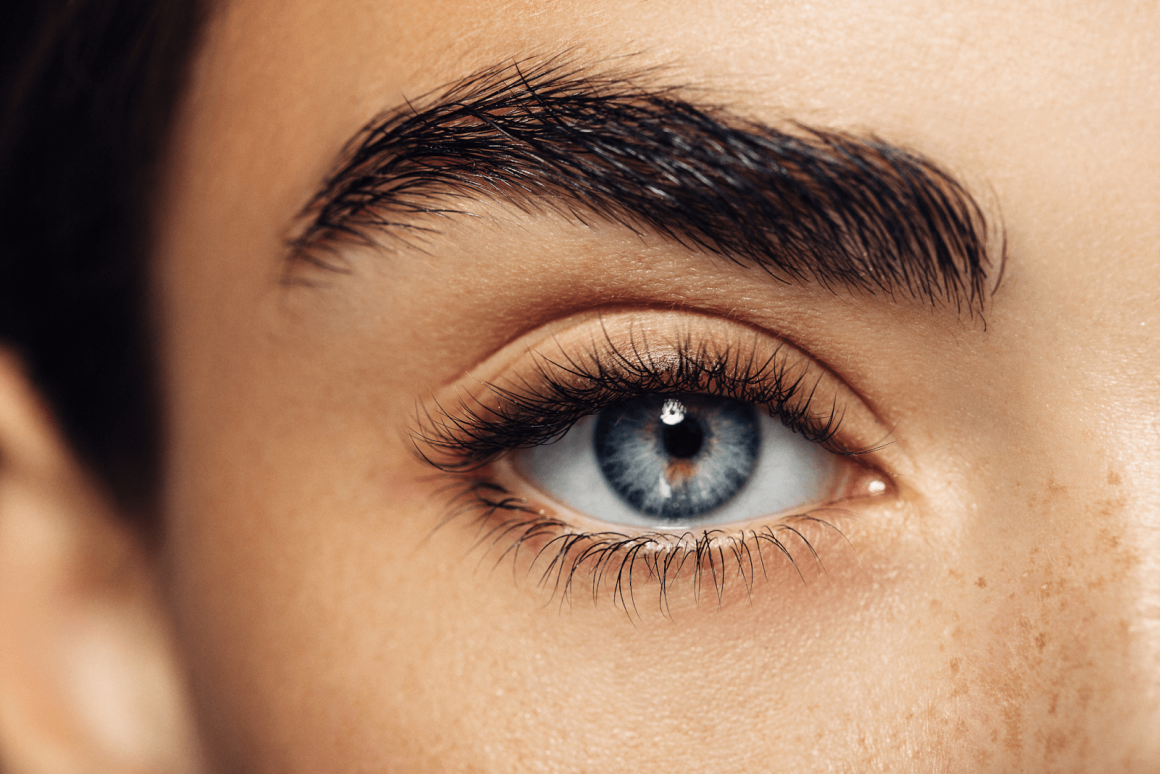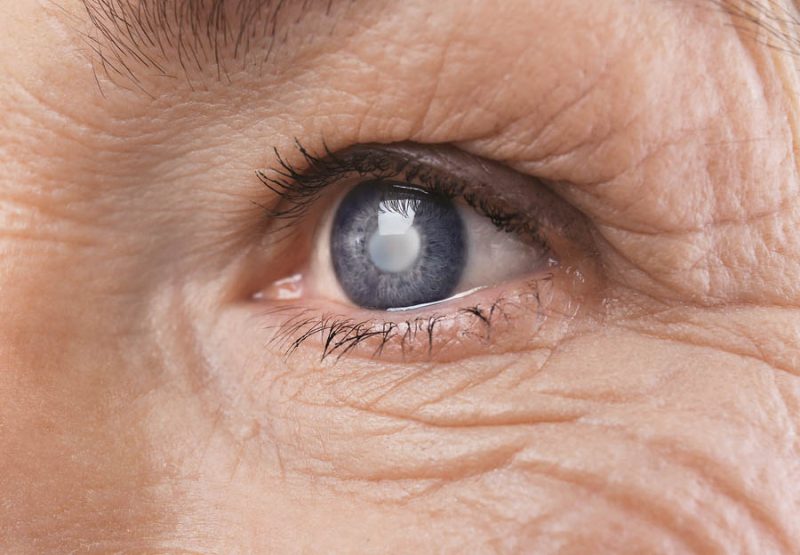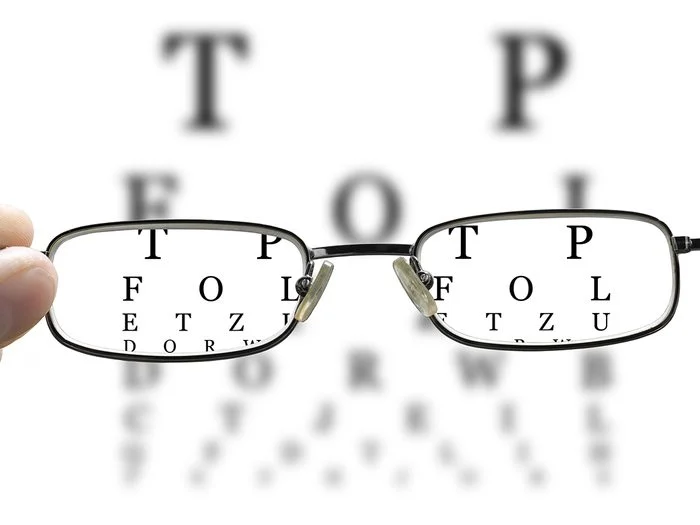Diabetic retinopathy is a severe complication of diabetes that can lead to vision loss and blindness. It occurs when diabetes damages the blood vessels in the retina, the light-sensitive layer of tissue at the back of the eye. You may also have trouble seeing at night. If you have Bronx diabetic retinopathy, your vision may become blurry or distorted.
Diabetic retinopathy often has no early warning signs. That is why you should go for a comprehensive dilated eye exam at least once a year if you have diabetes. Early treatment of diabetic retinopathy can prevent or slow vision loss.
There are four stages when it comes to this condition:
1. Mild Nonproliferative Retinopathy

In this stage, damaged blood vessels leak small amounts of fluid into the retina. This leakage is called microaneurysms. You can usually have many microaneurysms without noticing any changes in your vision.
2. Moderate Nonproliferative Retinopathy
At this stage, more damage has occurred to the retina’s tiny blood vessels. They become blocked and do not bring enough blood to the retina. In order to make up for this, the retina begins to grow new blood vessels.
3. Severe Nonproliferative Retinopathy

Now, most of the retina’s tiny blood vessels are blocked. Very little blood is getting to the retina. Because of this, the retina signals the body to grow more new blood vessels.
4. Proliferative Retinopathy
It is the most advanced stage of diabetic retinopathy. In this stage, abnormal new blood vessels grow on the retina’s surface and in the clear gel that fills the inside of the eye. These new blood vessels are very fragile and can leak easily.
If you have diabetic retinopathy, you may not have any symptoms in the early stages. As the condition progresses, you may notice:
- Blurry vision
- Fluctuating vision
- Difficulty seeing at night
- Floaters (specks or strings that float across your field of vision)
- A dark or empty area in your field of vision
A few treatment options are available if you are diagnosed with diabetic retinopathy. The goal of treatment is to prevent vision loss or blindness.

- Laser surgery: This type of surgery is also called photocoagulation. It helps stop or slow the leakage of blood and fluid from the blood vessels in the retina. It also destroys abnormal new blood vessels.
- Injections of drugs into the eye: This treatment is called intravitreal injections. These injections can help decrease the risk of vision loss from diabetic retinopathy by reducing inflammation and reducing the growth of abnormal new blood vessels.
- Surgery to remove the vitreous: This is called vitrectomy. It is done to remove the vitreous, the clear gel that fills the inside of your eye. It can help to stop the bleeding from abnormal new blood vessels.
- Surgery to place a lens in the eye: Cataract surgery; removes the cloudy lens from your eye and replaces it with a clear artificial lens. It can help to improve your vision.
If you have diabetic retinopathy, it is essential to see your diabetic retinopathy specialist at Bainbridge Eye Care to help you make the best decision for your treatment. There is no cure for diabetic retinopathy, but early detection and treatment can help slow the disease’s progression and prevent vision loss or blindness.


